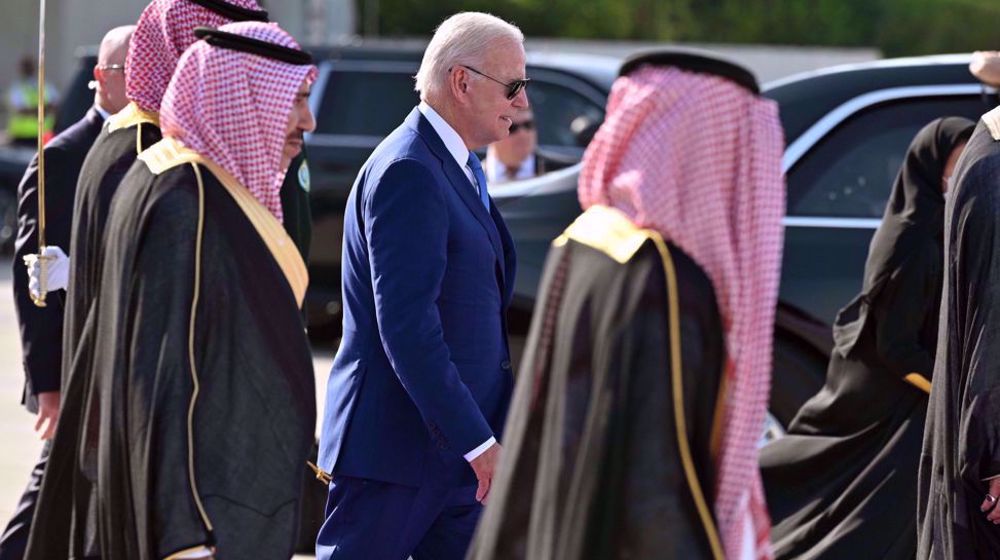
“I can say that Israel will not give in to anything that will erode its security,” Tzachi Hanegbi, an adviser to Netanyahu, told public broadcaster Kan on Monday.
The adviser said Israel had not been involved in the US-Saudi negotiations in recent weeks. “I can identify with what the United States president said in an interview a few days ago, where he said that the road is still long but that he thinks there will be a possibility of progress.”
Also on Monday, a member of a key party in Netanyahu’s coalition rejected such concessions. Minister Orit Strock said, “We certainly won't agree to such a thing.”
“We are done with withdrawals. We are done with freezing settlements in Judea and Samaria (the occupied West Bank). This is the consensus among the entire right-wing.”
Her remarks were echoed by another member, Minister Itamar Ben-Gvir, who heads the Jewish Power party. “But if this deal includes concessions to the (Palestinian) Authority, handing over territory, arming the Authority or ... then I surely object.”
On Friday, US President Joe Biden said a deal may be on the way after talks that his national security adviser had with Saudi officials in Jeddah aimed at fixing relations between Saudi Arabia and Israel.
US National Security Adviser Jake Sullivan recently visited Saudi Arabia and held talks with Crown Prince Mohammed bin Salman.
Sullivan’s visit was made public by the White House and reported in Western media though Washington did not directly point to the normalization deal.
A White House statement made no mention of Israel, but a White House official said a possible normalization agreement with between Saudi Arabia and Israel was among various topics.
US officials have sought for months to reach what would be a historic agreement between the two apparent adversaries – though behind-the-scenes allies – but the Saudis have remained resistant so far.
Washington has expressed worries about reestablishment of ties between Iran and Saudi Arabia as well as Tehran’s growing influence and alliances across West Asia and beyond.
Despite high-profile visits by US officials to the Arab kingdom in recent months, including a trip by Secretary of State Antony Blinken last month, the US has failed to get any assurances from its Arab ally on the question of Israel normalization.
Blinken’s visit to Saudi Arabia in early June ended without any result, despite the statement before the high-stakes tour that normalization of Saudi-Israel relations was one of the top priorities of the US government.
Saudi Arabia seems to be reluctant toward normalization with Israel and is taking a cautious approach to any public steps that could be seen as a normalization act.
At a critical time when Biden is seeking re-election, the US government has been left embarrassed by Saudi Arabia’s bolstering of ties with Iran and Syria, and its further gravitation toward China.
US-Israel ties have been strained in recent months by the Tel Aviv regime’s expansion of settlements on the occupied lands.


No comments:
Post a Comment